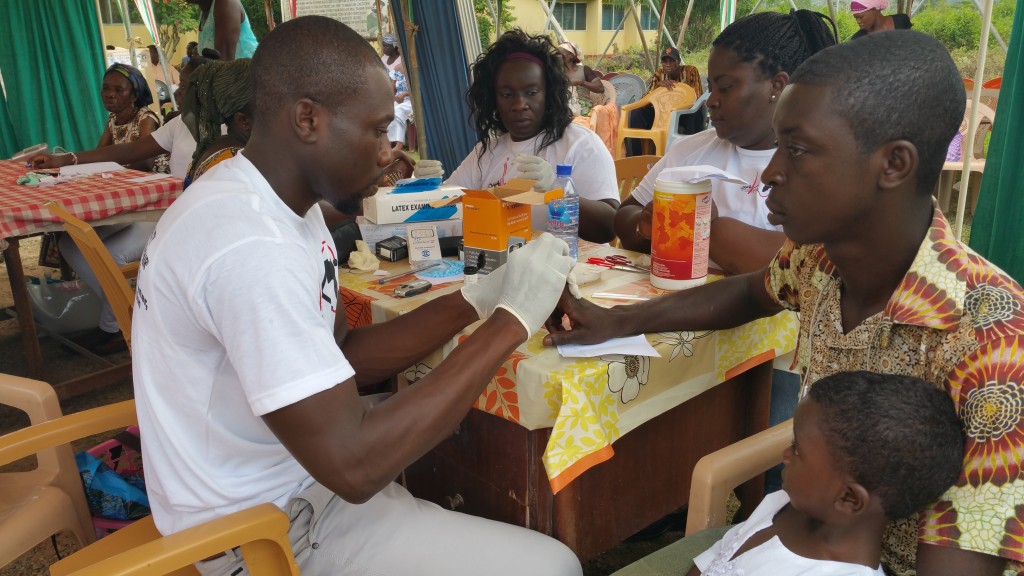Access to affordable and high-quality healthcare is not only a human right, but also a goal that many countries strive for their citizens. With the advent of the coronavirus pandemic, the cost of health care has been projected to push over 100 million people into extreme poverty. According to the World Bank estimates that the pandemic and its economic effects have increased global poverty rates for the first time since 1998. All of this will jeopardize the achievement of SDG 3’s target of Universal Health Coverage by 2030. Given that more than half of the world’s population lack access to full coverage of essential health services. Over 70% of Nigerians live on less than $1 per day, but an average Nigerian must pay $170 in out-of-pocket expenses for basic health services, compared to $60 in Ghana and $70 in Côte d’Ivoire. The disparities within these Sub-Saharan African countries can be equally stark, forcing poorer households to borrow or sell assets to afford health care. Even when national health insurance plans exist, they typically cover only the cost of hospital care, leaving households to pay for outpatient care and drugs.
Considering the high cost of health services in Sub-Saharan countries, financially included individuals can easily access emergency funds and can borrow funds from their financial institutions for medical purposes. According to research findings financially included peoples are more likely to be employed, educated, and to have the skills, knowledge, and understanding of how to make use of financial products and services. Whereas the excluded population is unlikely to have access to information on how to access these emergency funds or collateral and may even be unable to repay these credits. It has been discovered that basic bank account ownership (financial inclusion) was found to improve saving behavior, reduces liquidity constraints, this in turn increase overall financial stability and improved access to health care services. Evidence from low-income countries, such as India, suggests that women who own a bank account are more likely to use modern contraception, space their births more widely, and receive antenatal care. This link between women’s financial inclusion and positive reproductive health outcomes may be directly related to their autonomy and control over important decisions that affect them and their children.
CredBooth, a financial technology company that provides broad range of digital inclusive financial services plans to tackle the deficit in access to affordable health care for all, especially for the low-income segment. CredBooth’s digital credit offer customers blended healthcare insurance cover for 3months, 6months and 1year depending on customer’s preference. Users who do not want credit facilities can as well subscribe for themselves or their loved ones through the company’s digital platform.
You can access these services through CredBooth’s mobile App or www.credbooth.com . Download the mobile App via google playstore or Apple store to get started.

